Blog
#EBWSituationRoom – Our entertainment industry’s achilles heel

Earlier in the year a few members of the company I work for and myself had the pleasure of attending the 6th Annual Ideas Expo held in Gaborone, a growing festival that I once looked unto as a mere outsider wondering why made me so unfortunate that I could not access it. This was during the months, weeks and many moments before I joined the marketing industry (also largely referred to as creative industry) in formal employ. Isaac Adyom, HotWire and Wired Y&R’s Head of Strategy gave a pivotal address in which he questioned the advertising and communications industry players; asking them to introspect, going on to give a view that the current agency model is largely broken.
His words were not well received judging by murmurs in the UB Auditorium at the time, the creative industry is notorious for it’s politics; which is why I’m swiftly choosing to move this discussion along to discourse on issues closer to EBW, the BW entertainment industry and it’s broken or non-existent model; an opinion very much relevant in this frame.
The Botswana entertainment industry is akin to the true wild-west. Highly segregated, individualistic and very much singular; corporations play in this space and at times unfairly compete with promoters and indie artists for the same fan base generally generated by creatives who’ve won fans over on self-starter budgets resulting in an ever revolving cycle that leaves the creative in a conundrum. Recent events such as BOMU 2016 awards have not been helpful to the situation with infamous/controversial nominations for Berry Heart’s unreleased album for category “Album of the year” as well as Amantle Brown, an artist who’s blazed trails for little over a year being nominated for a life time award really irked a lot of people including myself.
As things stand, Vee will continue to need to raise BWP 1 Million while Ozi F Teddy needs to raise 50,000. This 2016 has been quite eventful, and Minister Thapelo Olopeng has been in the thick of things. First up was the meeting he held with the creative industry which took place at Limkokwing, the meeting which was meant to be a big conversation starter aimed at addressing issues that continue to mock the creative sector became a big conversation point, the sad thing though is we’re at the end of 2016 and there is no end in sight for the envisaged Arts Council which many in the industry see as a real solution to a more organized, commercially viable creative/entertainment industry.
The second of these was the Bot50 celebrations; a P 100 million plus countrywide celebration, which many in the entertainment space had hoped would have been a stepping-stone for the industry as a whole. It in some ways was but in my view longer-term impact should have been the aim for some of the interventions. September 2016 also saw a significant increase in the amount if local content on radio, sad to say that David Moepeng’s broadcast insights company AFSTEREO has shown that there was significant decline in the amount of music played on air.
The entertainment industry in BW depends on peripheral industries and it is my view that a lot of protection and education has to be done by institutions such as CIPA, COSBOTS, BURS, BOCRA & MYSC as most entertainers are self-funded.
Blog
A Weekend to Remember: Celebrating 50 Years of Hip-Hop at The Hennessy Back To The City Festival.
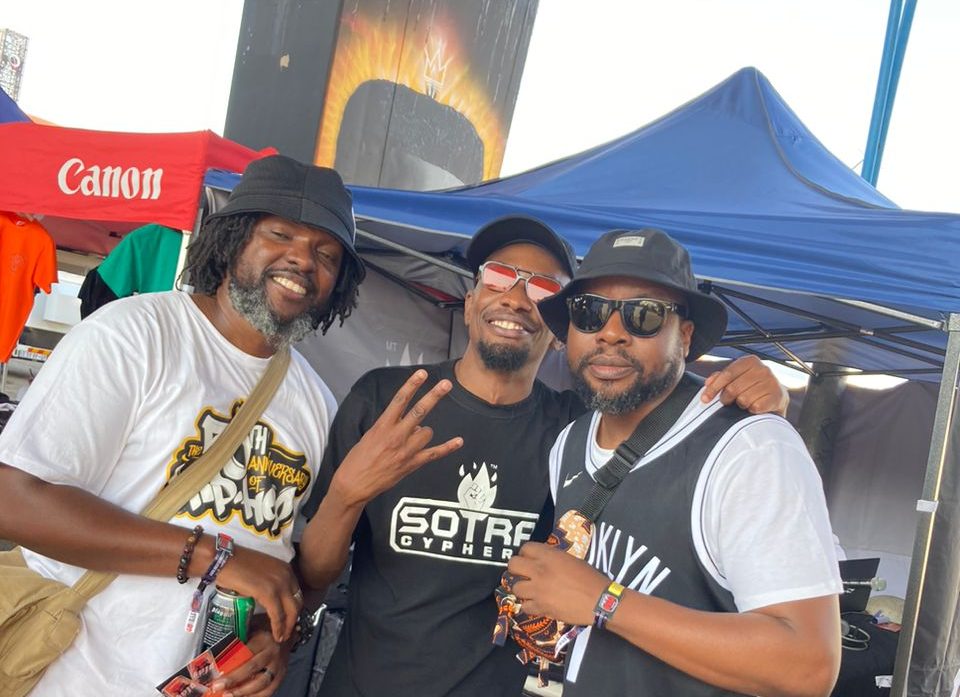
By Eddy Mihigo
Special Correspondent from Botswana
Gaborone, Botswana – On the 7th October 2023, Back To The City made history by celebrating the 50th birthday of Hip-Hop and the 40th anniversary of South African Hip-Hop at its residence venue, Mary Fitzgerald, right in front of Museum Africa in Newtown, Johannesburg. The festival was made even more memorable with Hennessy as its flagship sponsor, a partnership that has deep roots in the world of Hip-Hop.
Hennessy, along with Sprite, boasts the longest and most consistent relationship with the Hip-Hop community, making their support of Back To The City a perfect alignment.
Just like last year when the partnership between Hennessy and Back To The City began, the festival welcomed a star-studded lineup of South African Hip-Hop and street culture icons. L-Tido, Zingah, Yolophonik, JR, DJ Sabby, and more enjoyed the festival from the Hennessy VIP area, where the Hennessy Boombox Viewing Deck offered festivalgoers a chance to savor Hennessy cocktails with the best view of the stage. Inside the Boombox, the Interactive “Letter to Hip-Hop” allowed participants to pen their personal messages to Hip-Hop for inclusion in the South African Hip-Hop Museum.
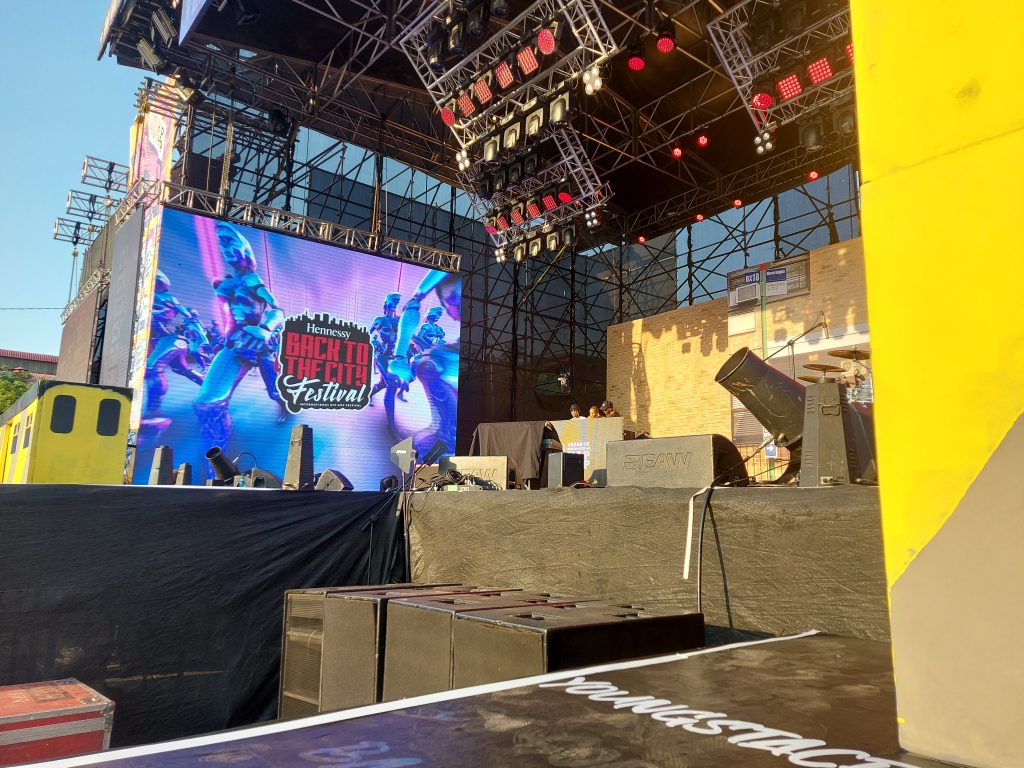
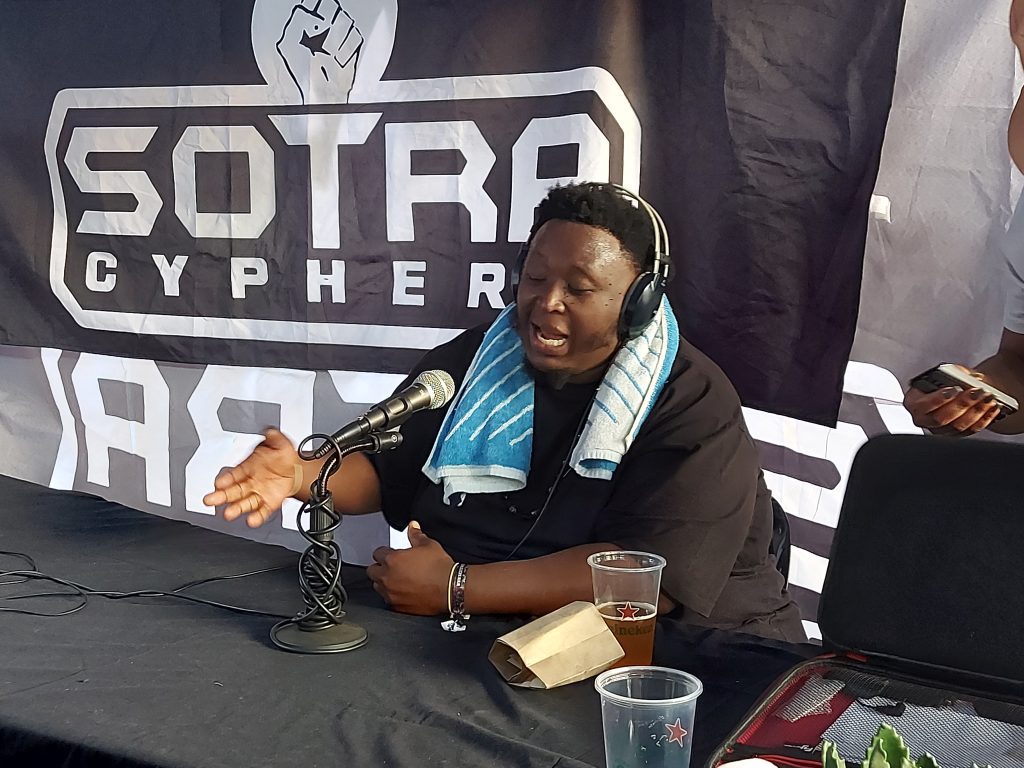
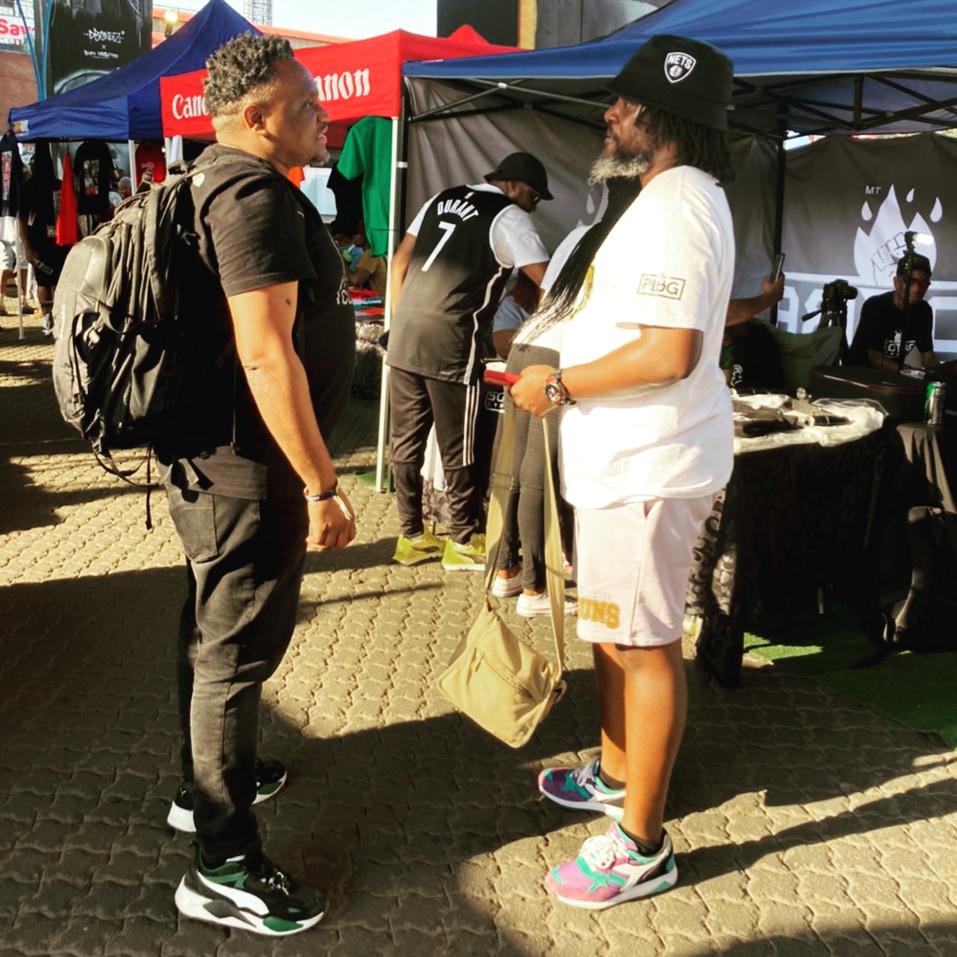
Back To The City has always been known for its ability to strike a balance between old and new acts, but this year, with the 50th and 40th anniversary milestones, the lineup was particularly nostalgic. On the main stage, contemporary stars like Big Zulu, 25K, Maglera Doe Boy, Loatinover Pounds, Zulumecca, Loki, Touchline, and Gigi Lamayne shared the spotlight with yesteryear icons such as Optical Illusion, iFani, Tha Hymphatic Thabs, and Township Frequency.
The Hennessy Moment was a highlight, featuring performances by DJ Ready D, Stogie T, and A-Reece, along with a monumental rendition of Riky Rick’s ‘Amantombazane (Remix)’ by Maggz, Kwesta, Ginger Trill, Kid X, Nadia Nakai, and Okmalumkoolkat – aptly described as “the SA Hip-Hop All Stars” by Moozlie.
US acts The Beatnuts, J-Live, and Mobb Deep’s Havoc took festival goers back to the 90s and early 2000s with a string of hits and classics.
The festival’s lineup served as a timeline, commemorating the different eras of South African Hip-Hop, but not everyone was entirely pleased with the curation. Some Twitter thought leaders raised concerns about the time slots of certain performers and the prevalence of old-school artists.
Criticism aside, it’s worth noting that the main stage of any festival isn’t necessarily the place for innovation or introducing new talent. Back To The City’s Play stage, where cutting-edge and emerging acts like NotBenjamin, XXC Legacy, Static Flo, Lucasraps, SPeeKa, and more performed, provided a platform for up-and-coming artists to shine. Under the same stage, B-Boys and B-Girls showcased their moves in a competition judged by legends Mr. Vouks and some members of Prophets Of Da City. The annual 10K MC Challenge also found its home on that stage, where emerging lyricists battled it out for the ultimate prize, ultimately won by Mthizo from Soweto.
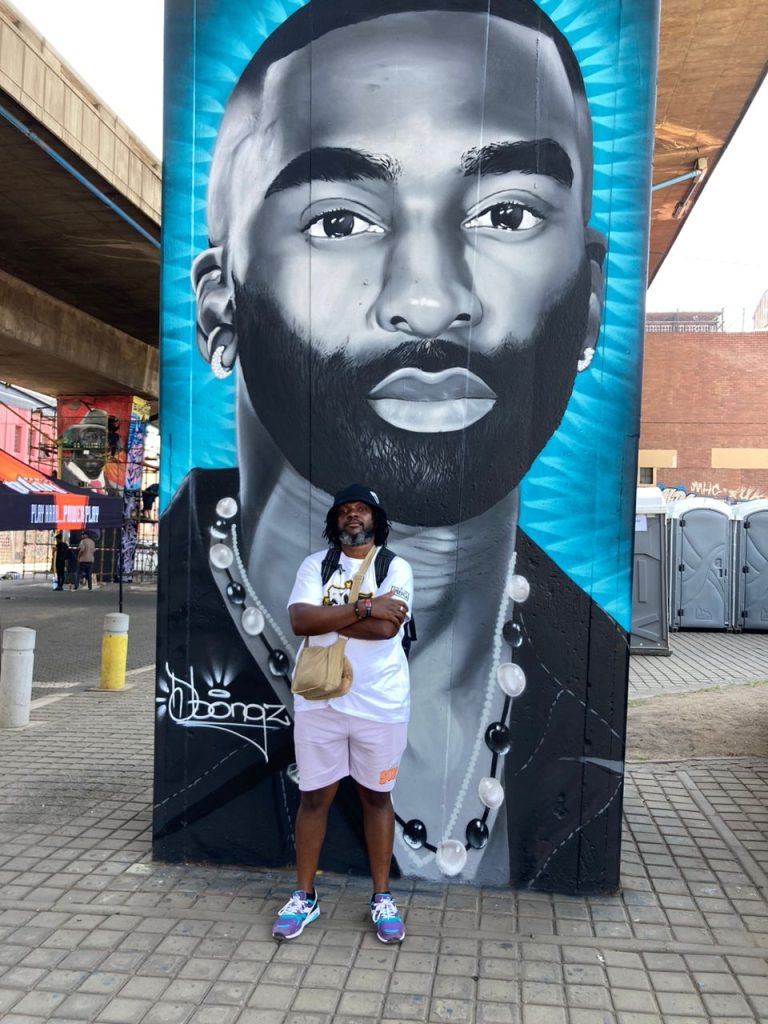
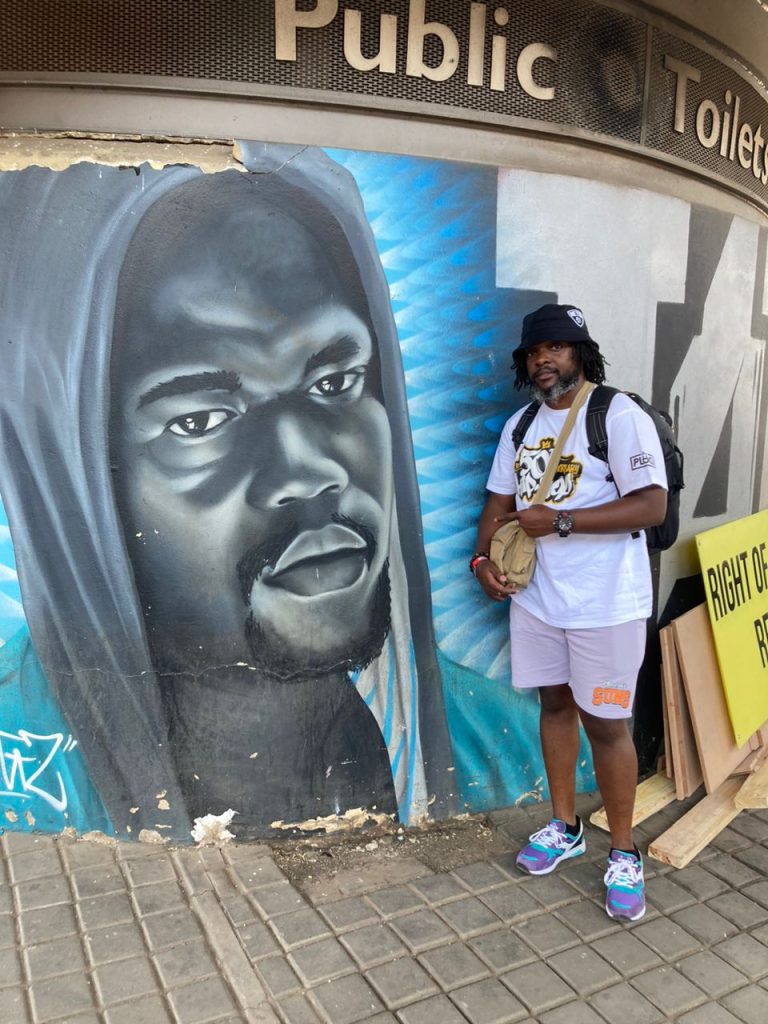
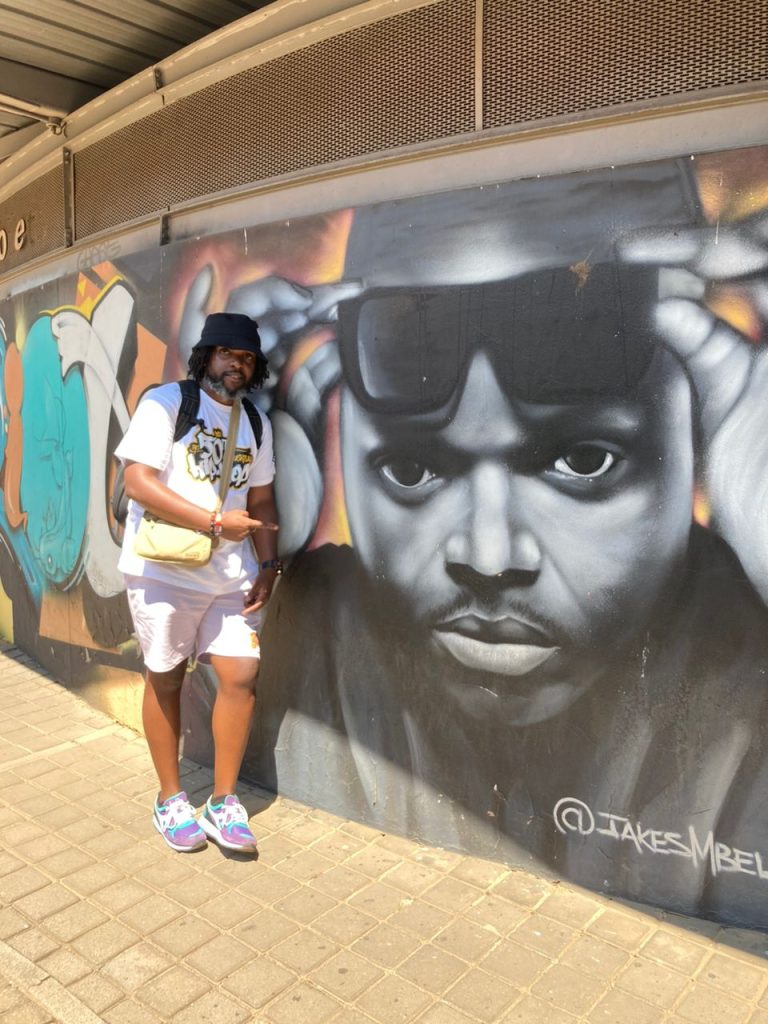
As usual, the festival featured a plethora of food and clothing stalls, and graffiti artists adorned the bridge’s pillars with colorful murals, paying homage to Hip-Hop legends like Riky Rick and DJ Kool Herc.
Back To The City is a day and night festival, and this year, some fans arrived late in the twilight hours, missing out on the early festivities. It’s crucial for fans to show up on time to fully immerse themselves in the festival’s activities and support the artists.
This year’s edition also introduced a Dancehall stage, offering a serene, picnic-like experience with deejays and selectors playing the best riddims.
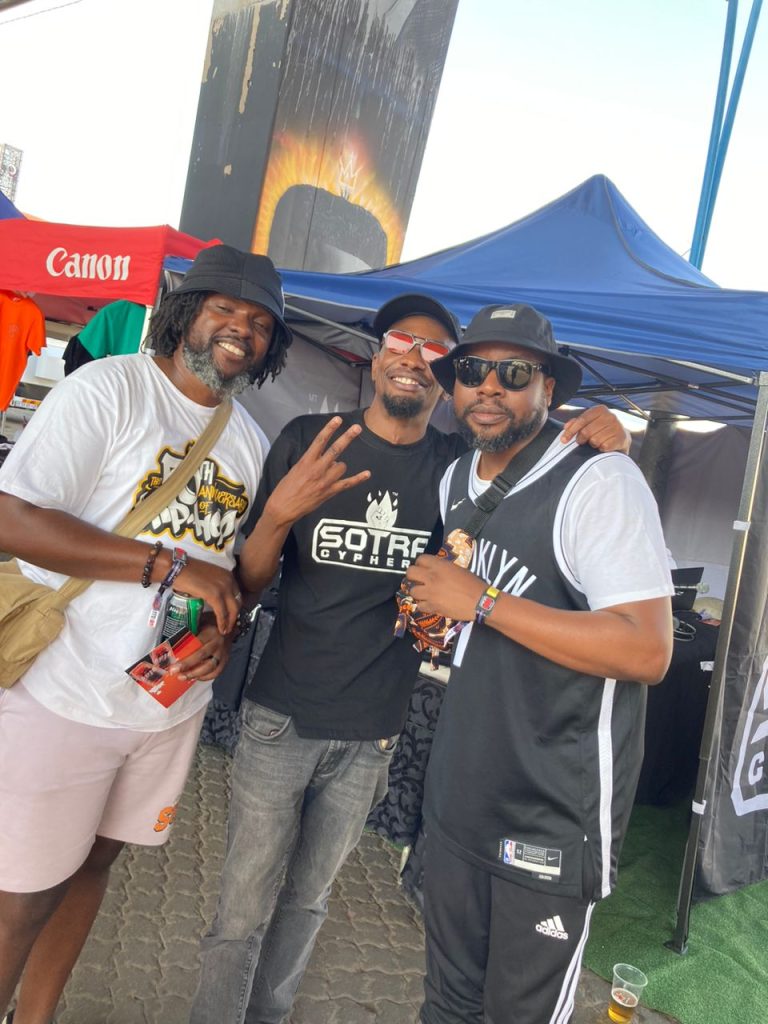
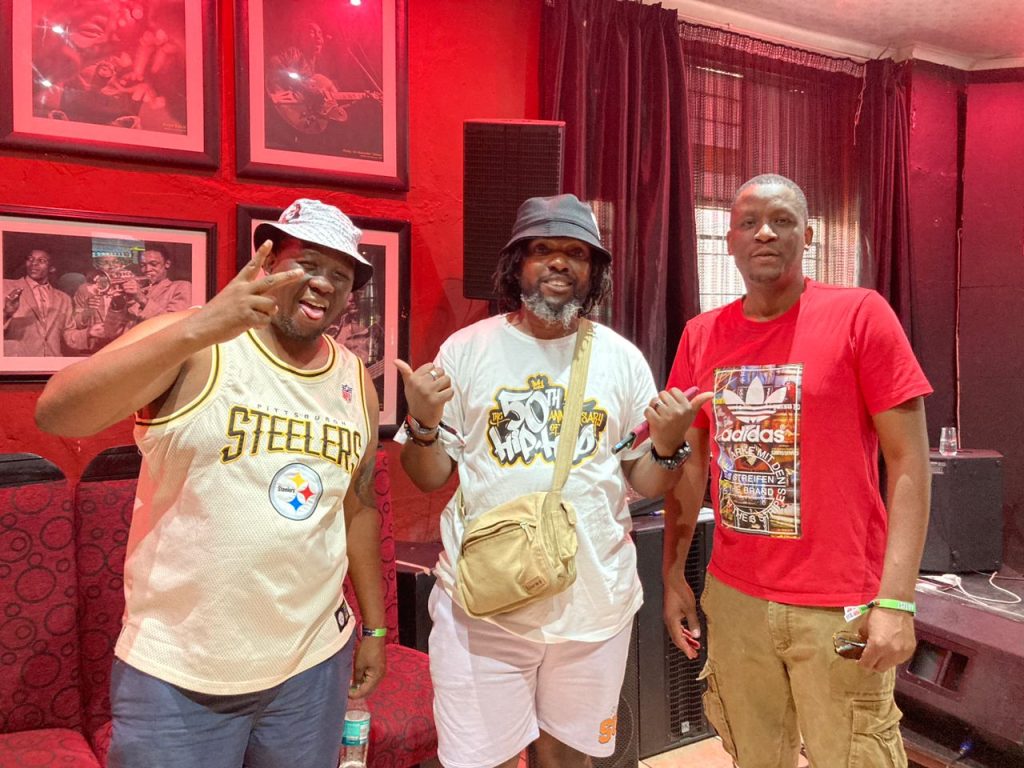
In its 17th year, Back To The City remains a festival that brings all elements of Hip-Hop together, paying respect to both the old and new school. While this year’s edition may have felt less packed than previous ones, it was a testament to the evolving nature of Hip-Hop in South Africa. The absence of fallen heroes like AKA and Riky Rick was felt, reminding us of the enduring impact they had on the culture.
Back To The City continues to be a vital platform, ensuring that the heartbeat of Hip-Hop remains strong not only in South Africa but throughout the continent. We can’t wait to see what the next edition has in store for us.
Blog
Connect The Culture: 2020 to the future
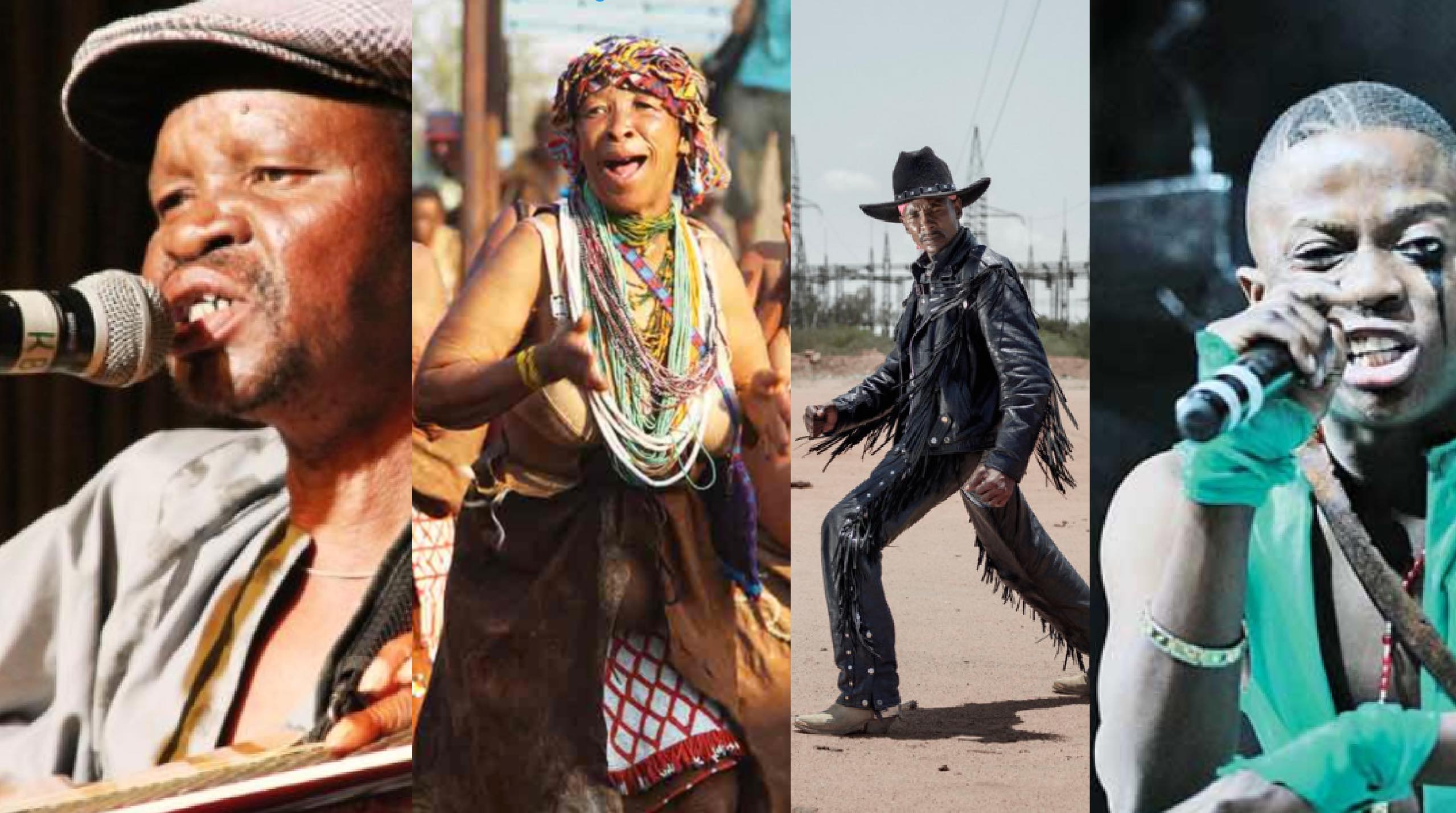
When we first envisioned this platform, we simply just set out to establish a central repository for BW youth culture so as to try facilitate a conversation about Botswana Music and urban youth culture. We just to did it because 7-10 years ago Botswana Youth Culture was not searchable and felt that as it emerged and was kind of thrusting itself into it’s new age there was eminent danger of our urban culture story going undocumented. It’s not to say that no one was doing it, it’s just that at the time of our founding it was and still largely is very difficult to search for, find and follow the narrative.
There’s little evidence recorded of our pioneers, try going back to the late 80s and 90s and you’ll almost think we started yesterday simply because the 2000s was a little more recorded as well as a bit more fortunate to have found stories written about them (think Lapologa, Mmegi, Daily News in Botswana); they had the emergence of urban radio platforms like Yarona & Gabz FM doing their part to echo their voice, mostly as audio broadcasts which (even if archived) are generally inaccessible today.
I would personally love to be able to search and find the story of ealrly hiphop here; the stories of Shakes Da Mix, one of the radio legends credited with creating a space for BW’s hiphop pioneers, Nomadic (certainly an early mover and catalyst in the Motswako or native langauge, Setswana scene).
I’ve head stories about Skizo aka Daddy Ski and his work in music (ask Charles Favi Motsemme), but i’ve no way of exploring his work and then headspace, his motivation for doing what he did and his general impact beyond what i’ve picked up in conversations (all I can say at this point is he’s rumored to have been a key player in Kalawa Jazmee, one of South Africa’s biggest recording companies and countless people in the Botswana space credit him with some major milestones).
How did others like Dj Sid go on to found recording spaces like P-Side and form formidable collectives which included Mr T, Fosta Juliano and record labels with like-minded culture shifters like Eric Ramco who weekend with Prez Beatz, Goof, Vee and is almost wholly responsible for the success that was to be enjoyed by Botswana traditional music groups like Matsieng (which in themselves are huge influences in urban culture, not in the way the west defines it but in our own way).
I would have loved to be a fly on the wall when Cashless Society conceptualised and recorded their award winning Hottentot Hop in the early 2000s and would actually love to know if they feel their vision was never realised, ahead of it’s time or how they felt about the reception they got continentally.
I’ve heard about dudes in Francistown that really did a lot for the Ghetto with crews including Lords Of The Ghetto becoming some of the early names and voices who were able to cross over and have their voices broadcast on Rb2. Little information is available on these key players, one would be mistaken to only credit the generation of rappers including Magilo, Apollo D, Bangu and others with the establishment of Kalanga rap, Maun’s also had it’s fair share of influential youth, sadly not much information is available around their work too.
In the year, 2009 Nigerian writer Chimamanda Ngozi Adichie gave a TED talk titled “The Danger of a Single Story.” It was based on “what happens when human beings and situations are reduced to a single narrative”: for example, Botswana as having no back story when it comes to it’s Urban Culture and how the world and Botswana very youth perceive where we come from or even conclude that there was no success from those who came before them.
To quote David Brooks of New York Times, “Her point was that each individual life contains a heterogeneous compilation of stories” and in our case most have been lost and cannot be referenced as no record exists, not even as academic work so as to even influence today’s and tomorrow’s youth in the same way that Grand Master Flash or Shaka Zulu are referenced in those culture’s narratives by their own.
You wouldn’t be wrong if you asked yourself the question, “what is the point of all this?” Well, our journey in documenting and amalgamating stories from Botswana has been one of self-discovery and the point today is to establish a way forward, a challenge of sorts to build and leave behind a more concise record.
Our journey has led us to ask a lot of questions, prompted a lot of outreaches and is one that still sees us want to tell more of the current, past and establish a space for the future ones to know that their voice is important and someone cared enough to create a space for it to thrive. That is why we’re having conversations with the likes of Mpho Sebina, Kwaku Gyanteh and will be doing so with many others
So then, we’re designing Connect The Culture to be that space, one that’ll also connect producers to sample music from here at home because of it’s importance in differentiating their sound from that of the rest of the world.
I’d personally love to see a collision of our traditional ways of dancing with the new swanky moves that the youth love (Kgalagadi Dance meets New York Street), Diphala tsa Ramotswa meets Bosa Nova, the writings of our forefathers and great musicians like Ratsie Setlhako meeting Fela Kuti or Bessie Head, Wilson Ngoni’s super painting work meets Cornbread on times square or Ntirelang Berman’s world tour as he plays in Tianjing.
Connect the Culture is aiming to be a base space for all these dreams and conversations around urban youth’s influences, creating a melting pot with our traditions including the ones they are birthing with the hope that 10 years from now a more cohesive record of what we can be exists and when we’re Googled, the world will find Botswana’s voice more prominent.
Blog
Connect The Culture: Enjoy streaming while stayng in control
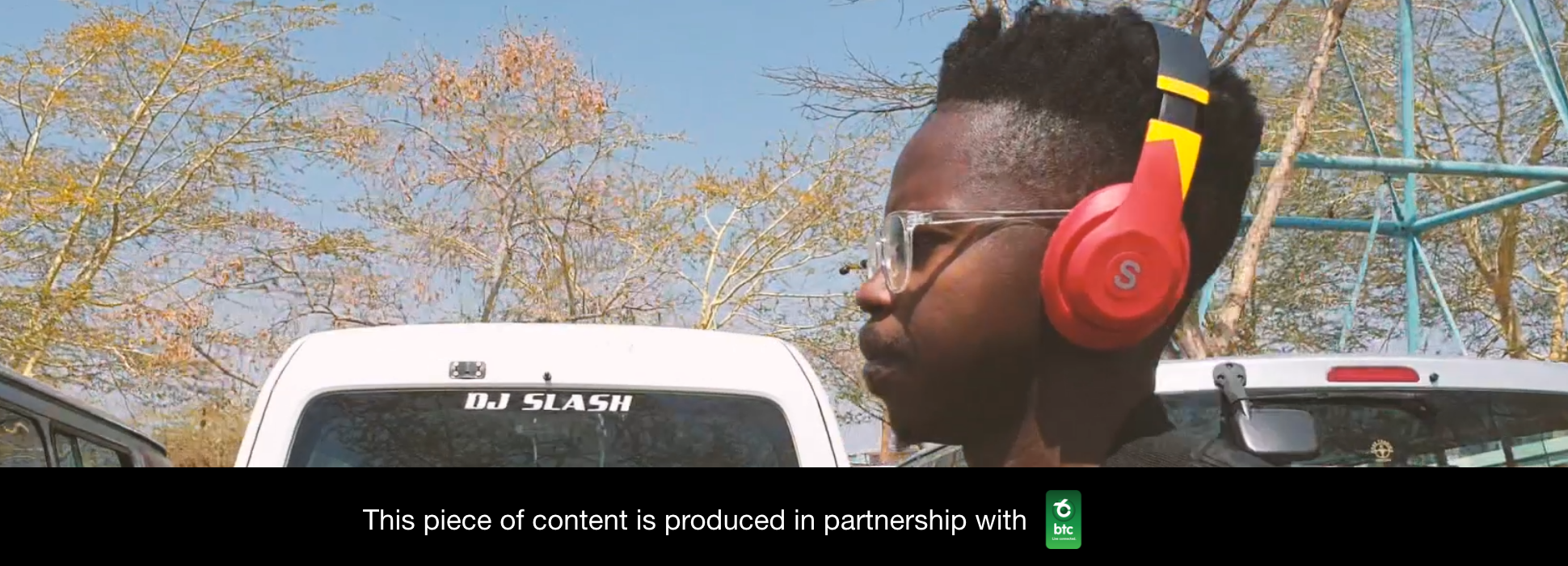
Preference, convenience and overall awesome experience are dominating conversations in the marketing, business growth, operations and go to market strategies with clients I’ve had the opportunity to interact with. The way we listen to music, order food, purchase clothing, connect with friends and binge on content from anywhere would be such a strange thing to witness for someone who would suddenly awakened from deep sleep since the 70s.
For today’s music junkie, having access to preferred playlists at all times is a now awfully important need, more expressly so in the age of compressed music libraries and ‘tap-in-and-listen’ music stores known as streaming services. The battle to deliver awesome experiences is without doubt taking place on Web 2.0, the mobile application frontier and those that hit the market with a superior product to rival your Apple Musics, Amazons, Alexas, Netflixs and Ubers of this world will unquestionably have an upper hand. For mobile brands in Botswana the challenge is certainly on to deliver the best experience for their customers.
Enjoying all this on today’s power devices additionally requires often-expensive data for the ‘latest most banging’ music aficionado. If you like myself are one of those ‘social bundle’ internet types, then you would know ‘the struggle is real’ if you’re constantly trying to stream yours. Staying hooked to yours is of paramount importance and having you pulse on the culture is something that no mobile service provider should be cutting you off from.
Watch Kwaku Gyanteh’s ‘Connect the Culture’ Story
I added a new SIM to my mix a few weeks back and I must say, the decision to try BTC Mobile and their new Mobile App paired with their crazy Turn up Bundles has been a real revelation…15GB for 300 bucks?? Unreeeal! Being an avid Apple Music customer for the last two years, I’ve repeatedly found myself easily losing track of the amount of data I burn through as I jam Veezo, Thato Jesicca, Charma Gal, Frost among many others on my BW playlists. With BTC Turn Up Bundles I’ve basically got enough data for my culture binges and have some data left over to keep EBW Magazine’s content up to date while on the go or at home hotspotting.
BTC’s cool new App comes in handy in helping me manage my preferred use and augmenting my experience, not only do I get to stream as I want but I also have the ability to track my usage, recharge on the go if I run out and also get some news on the company.
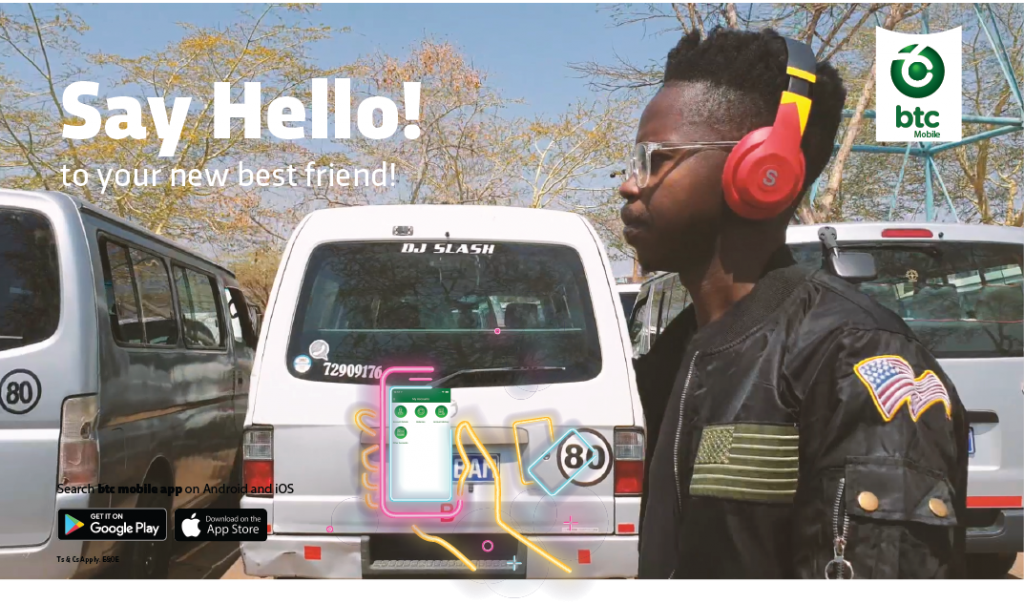
You do have to manage your data actively though, lest this be misconstrued as ‘a dummy’s memoire to losing all your data’. I also pair their App with Google’s Datally (download it, you’ll thank me later) which allows me to have a floating bubble on screen. For now, it’s back to the music
-
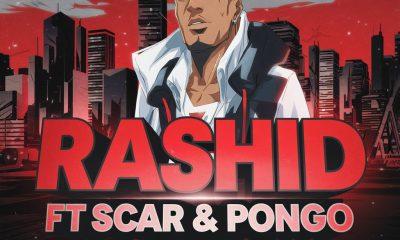
 Music3 months ago
Music3 months agoRashid Drops “What It This” Featuring Scar & Pongo
-
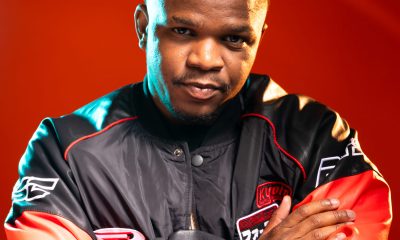
 Creatives3 months ago
Creatives3 months agoHarryCane BW: Botswana’s Rising Amapiano Star
-

 Video3 months ago
Video3 months agoKX Legit – Gopola Gae (feat. And Spaces, Veezo View & Bouncy) [Official Music Video]
-
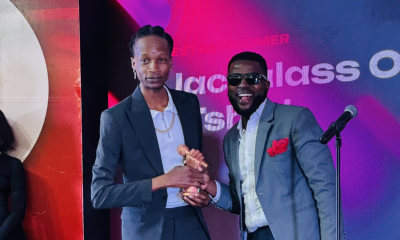
 News2 months ago
News2 months agoThe YAMAs Nine: Spotlighting Botswana’s Artists, Stories, and Sound
-
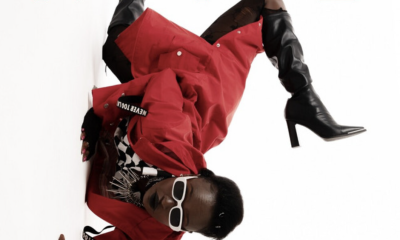
 Music2 months ago
Music2 months agoDanielle Swagger Pushes the Limit with Bold New Single “NTL (Nothin To Lose)”
-
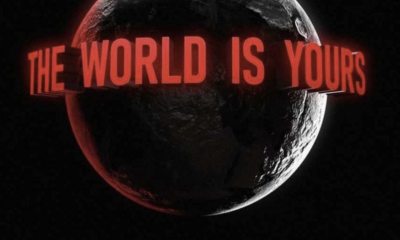
 Music2 months ago
Music2 months agoKX Legit Lifts Off with “No Ceiling”




